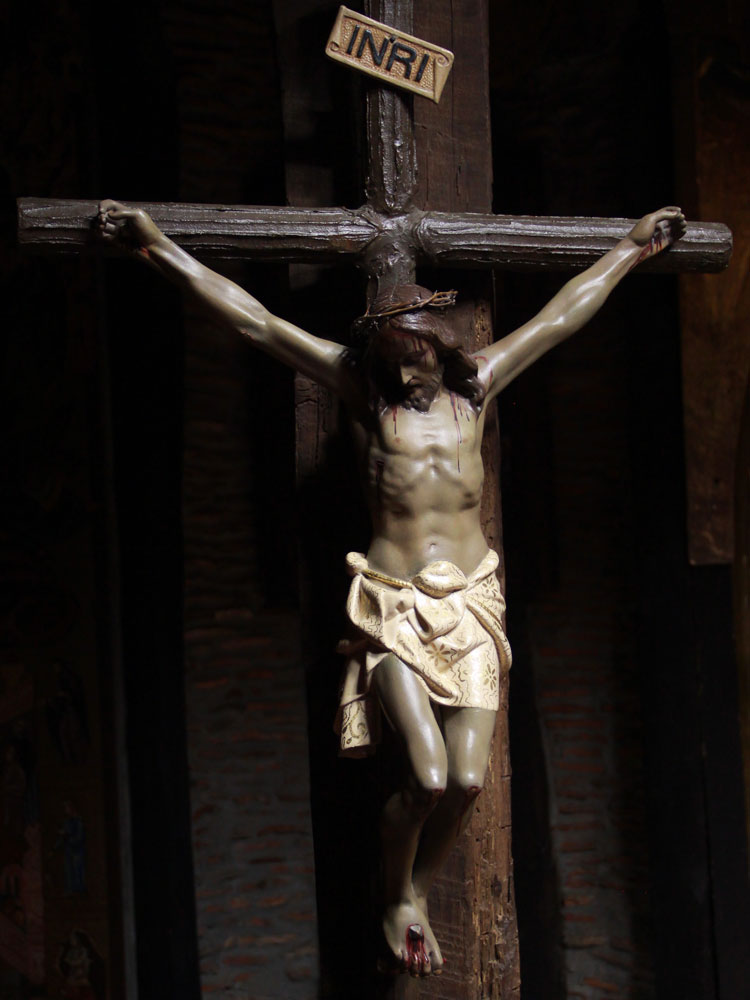The Eighth Degree of Humility

5 Feb. 6 June. 6 Oct.
The eighth degree of humility is, for a monk to do nothing except what is authorised by the common rule of the monastery, or the example of his seniors.
The monk who is following Jesus along the via crucis will necessarily lose along the way the notion that he is somehow different from others, exceptional, and unlike anyone else. He does not want to be considered special in any way. The man who, because he believes that he is “not like the rest of men” (Luke 18:11), refuses to do things as his fathers and brothers do them, when they do them, and in the way they do them, is indulging a peculiar form of pride. Psychologists speak of the narcissistic personality disorder. Saint Benedict sees the same narcissistic manifestations as a vice. He also prescribes the remedy: “Do nothing except what is authorised by the common rule of the monastery, or the example of his seniors”.
The brother who nourishes a secret belief in his own superiority will always find opportunities to stand out, to stand apart, to preserve the little difference that reinforces this belief. The brother who cannot give up his personal way of doing things fears that, if he starts doing everything as others do, he will cease being special, and this he finds terrifying. To such a brother the abbot must repeat Saint Benedict’s injunction again and again, firmly, and with patience: “Do nothing except what is authorised by the common rule of the monastery, or the example of the seniors”.
In a newly founded monastery where the common rule is not yet entirely consolidated, and where there are few seniors, these few seniors must give the example of a quiet regularity, shunning anything that smacks of the spectacular or the exotic. One cannot overestimate the importance of fostering regularity; by this, I do not mean a harsh regime that brooks no exceptions. I refer rather to the steady rhythm that can admit of the occasional exception and, without conceding to idiosyncrasies, accommodate the dispensations required by fluctuations in health, by changing circumstances, and by particular needs.
It often happens that the abbot himself, especially if he is older, finds himself unable to give an example of perfect observance. Like anyone else, the abbot will suffer infirmities and fatigue; these may be exacerbated by the burdens of his office. In such instances, the abbot will need to provide his sons with an example of humility in weakness, patience in suffering, and joyful abandonment to Divine Providence.

